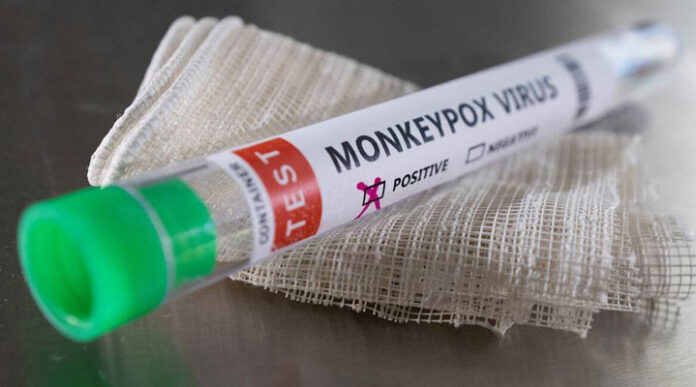According to the World Health Organization, the number of monkeypox cases reported globally decreased by 21% last week, following a month-long trend of rising infections.
In July, the WHO declared the outbreak a global health emergency. So far, over 41,000 cases of monkeypox have been reported from 96 countries, with the majority of cases occurring in the United States.
According to WHO’s most recent epidemiological report, the decrease in case numbers could indicate that the outbreak is winding down in the European region.
“There are signs that the outbreak is slowing in Europe, where a combination of effective public health measures, behavior change, and vaccination is assisting in the prevention of transmission,” WHO Director-General Tedros Adhanom Ghebreyesus said during a press conference.
Despite this, nearly two dozen countries saw an increase in weekly case numbers, with the United States reporting the highest increase. The United States accounts for more than 34% of the current global case count.
The Americas region is still experiencing intense transmission, accounting for 60% of cases in the previous month.
“In Latin America, in particular, a lack of awareness or public health measures, combined with a lack of access to vaccines, are fanning the flames of the outbreak,” Tedros said.
With vaccines in short supply, many countries, including the United States, are attempting to stretch supplies by administering smaller doses to maximize existing stocks.
While regulators have justified the approach, Bavarian Nordic, the manufacturer of the only approved monkeypox vaccine, has expressed concerns about its safety.
According to a senior official, WHO is closely monitoring the performance of available vaccines, including the use of fractional doses, and the “agency’s strategic advisory group of experts will meet at the beginning of October to evaluate the evidence, including fractional dose issues.”





